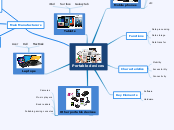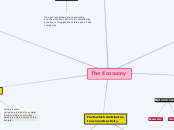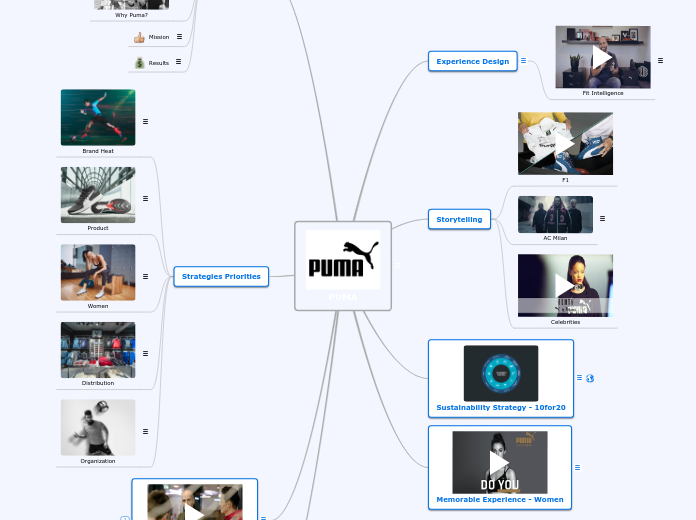Louisa Puffett
Summer
2012
EDTC640
UMUC
How Do People Learn from e-Courses
CC BY-SA: torres21
(sect. Three Metaphors for Learning)
Knowledge construction involves
Working with guides
(the instructor and
other participants)
Actively making sense
of the new material
Building a mental
representation of
new material
CC BY: Barrett Web Coordinator
(sect. What is Learning and Instruction?)
Help students change by remembering that
Change is caused by experience
Change involves what the
learner knows: facts, concepts,
procedures, strategies, and beliefs
Change is personal
(sect. Learning with Technology)
A learner-centered approach means
Connecting relevant
information with what
the student already knows
Encouraging the student
to be actively involved
in the learning process
Adapting technology to
assist learning
CC BY SA: Saad Faruque
(sect. Principles and Processing of Learning)
Design e-courses based on how people learn
Learning takes place when
engaged in the process by
Integrating new information
with what is already known
Organizing the material
into coherent structure
Attending to relevant
material
People can only process
a few pieces of information
in each channel at one time
There are separate channels
for processing images
and sounds
Resource
Clark, R. C., & Mayer, R. E. (2011). E-Learning and science of instruction: Proven guidelines for consumers and designers of multimedia learning. San Francisco, CA: Pfeiffer.
CC BY: Kevin Krejci
(sect. Managing Limited Cognitive Resources During Learning)
Too much cognative load destroys learning potential
Encourage active engagement
with the content
Divide complex information
into bite size pieces
Minimize extraneous content









